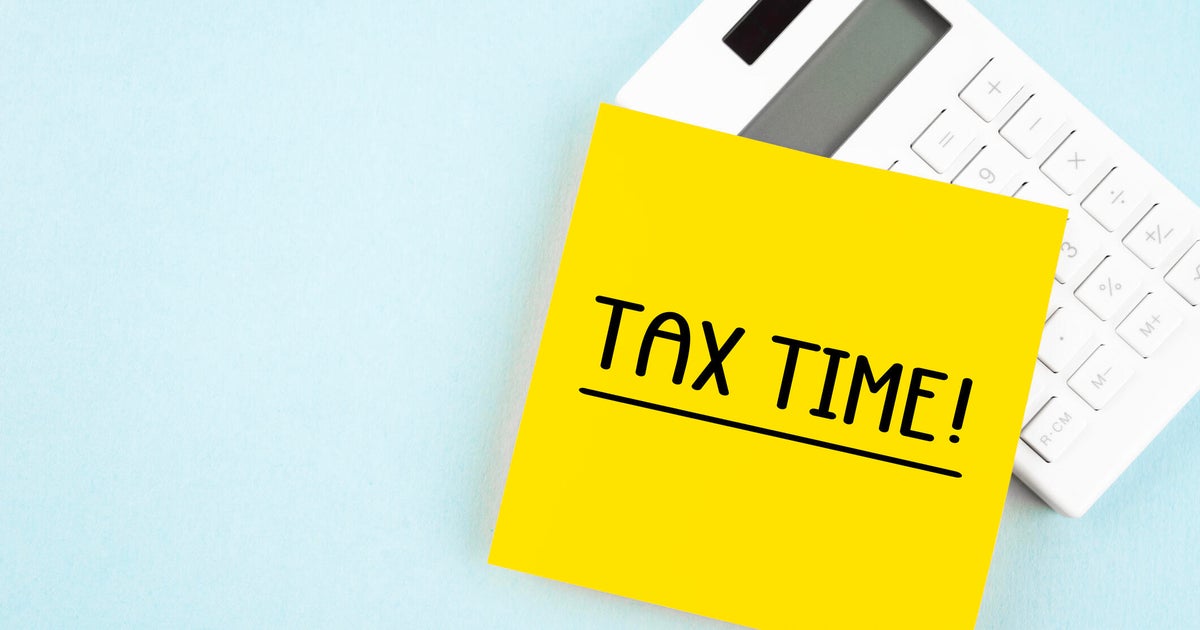56 million credit cardholders have been in debt for at least a year, survey finds
Although Americans helped stave off a recession in 2023 by spending enough to propel economic growth, it has come at a cost: Nearly half of consumers say they are carrying credit card debt, according to a new survey from Bankrate.
The personal finance firm found that 49% of credit card users carry a balance from one month to the next. That's up a full 10 percentage points from 2021. Of those who revolve their balances, 58% — 56 million people — have been in debt for at least one year, according to Bankrate.
The vast number of Americans racking up credit card debt isn't a sign of reckless spending. The most common reason for not paying off their plastic every month is facing emergency or unexpected expenses, such as medical bills and car repairs, respondents told Bankrate, while many people also use their charge cards to handle daily expenses.
Overall, Americans owe more than $1 trillion on their credit cards — the first time consumers have surpassed that combined level of debt, according to the St. Louis Federal Reserve Bank. That debt has piled up as credit card rates have jumped and inflation continues to sap households' purchasing power.
The average credit card annual percentage rate hit a record 20.74% in 2023, up 4.44 percentage points from early 2022, according to Bankrate.
"Inflation is making an existing trend worse," Bankrate senior industry analyst Ted Rossman told CBS MoneyWatch. "We've been seeing this for a while, with more people carrying more debt for longer periods of time. It's moving in the wrong direction."
Bankrate based its findings on a November survey of 2,350 adults, including nearly 1,800 credit cardholders and 873 who carry a balance on their accounts.
Tips for paying off credit card debt
Rossman offered a few steps consumers can take to start tackling their credit card debt . His top tip? Open a 0% interest balance transfer card that offers a grace period of 21 months during which no new interest is charged.
"It gives you a valuable runway to really make progress without interest weighing you down," he said.
It's also worth seeking advice from a non-profit credit counselor or reaching out directly to your credit issuer to seek more favorable terms, such as more forgiving payment due dates or a pause on repaying. "Sometimes they are willing to make accommodations, so it doesn't hurt to ask," Rossman added.
Lastly, taking on a side hustle, selling belongings you don't need, or otherwise trimming your budget can free up dollars to allocate toward paying down high-interest credit card debt.
"Credit card debt is the highest by a wide margin, so it has to be at the top of the list for debt payoff efforts," Rossman said.



